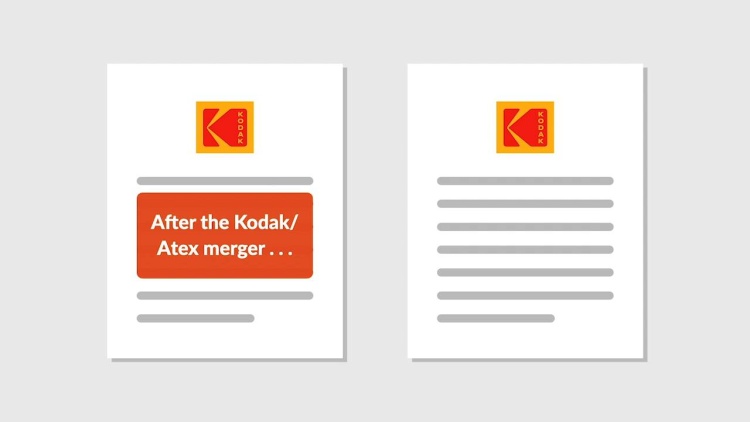Fletcher v. Atex, Inc.
United States Court of Appeals for the Second Circuit
68 F.3d 1451 (1995)
- Written by John Caddell, JD
Facts
Atex, Inc. (defendant) is a Delaware corporation wholly owned by Eastman Kodak, Inc. (Kodak) (defendant). Atex produces keyboards. The plaintiffs sued Atex and Kodak, arguing that Atex’s keyboards caused repetitive stress injuries. The individuals claiming to have been harmed by the keyboards wish to hold Kodak directly liable for the injuries on the theory that Kodak abused the corporate form and Atex was simply its alter ego. Atex participated in a cash management system in which its funds were pooled with other Kodak subsidiaries and managed by Kodak. Kodak’s approval was required for Atex’s major decisions or expenditures. There was a small degree of overlap between the boards of Kodak and Atex. Some Kodak corporate documents referred to a merger between Kodak and Atex, and referred to Atex as a division of Kodak. Finally, Atex assigned its CEO’s mortgage to Kodak as part of a transaction with a third party. With regard to the mortgage assignment and corporate business generally, Atex observed all the corporate formalities. The trial court granted summary judgment in favor of Kodak, holding that the alleged actions did not meet the requirements for piercing the corporate veil under the alter ego theory or otherwise. The plaintiffs appealed.
Rule of Law
Issue
Holding and Reasoning (Cabranes, J.)
What to do next…
Here's why 907,000 law students have relied on our case briefs:
- Written by law professors and practitioners, not other law students. 47,100 briefs, keyed to 996 casebooks. Top-notch customer support.
- The right amount of information, includes the facts, issues, rule of law, holding and reasoning, and any concurrences and dissents.
- Access in your classes, works on your mobile and tablet. Massive library of related video lessons and high quality multiple-choice questions.
- Easy to use, uniform format for every case brief. Written in plain English, not in legalese. Our briefs summarize and simplify; they don’t just repeat the court’s language.





